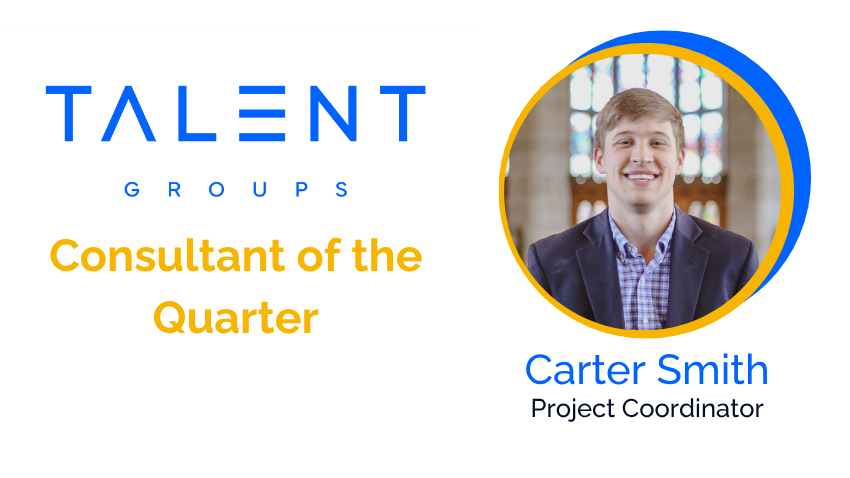Finding top IT talent in today’s market is no walk in the park. The unemployment rate in IT remains low at 3.5% (Dice.com) and less college graduates are picking technology as a major, shrinking the talent pool. However, the growth in IT projects and jobs has not slowed. In fact, the Bureau of Labor Statistics predicts employment in IT growing 3.9% annually over the next 10 years while all other industries average only a 1.3% annual growth. As a result of all this, professionals in charge of hiring IT talent are having a harder time finding the right people to fill their jobs. This makes the recruiting and hiring process that much more important.
The 2014 Semi-annual Edgelink Loyalty Index Results Are In

by Aaron Mills on July 18, 2014 in Hiring, IT Staffing, Job Market
When interviewing IT professionals for your open jobs, it’s important that you can do two things: get the information you need from them to determine if they are a good fit and also make sure you give them a well painted picture of what it’s like the work at your company. Here are a few things to keep in mind when you’re interviewing to make sure you accomplish all your goals:
Small Talk
There are always a few minutes before the interview where you can engage in small talk. Take advantage of it. Often this will reveal inside information you might not normally get with formal interview questions. Ask how their weekend was, if they live around your office, anything to start an informal conversation. Not only will this give you insight into the candidate but it also will loosen the tensions of the formality of the interview. It also makes you more likeable as an interviewer!
Keep it Consistent
It’s likely that when you’re interviewing candidates, you do multiple interviews in the same day or week. During 4 or 5 different interviews it might seem repetitive to ask the same questions over and over again. However, it’s important that you don’t switch up your questioning too much. Having candidates answer similar questions allows them to stay on an even playing field when you go back to evaluate their answers later. Switching your questions might give one the opportunity to show themselves in a better light than the others, swaying your judgment.
Ask Behavioral Interview Questions
Asking behavioral interview questions is one of the best determining factors of how people will perform at your company. They force the candidate to present specific examples of their past work experiences and how they can be related to the current job opening. Some examples of good behavioral interview questions include: “Tell me about a time you worked effectively under pressure” and “Have you ever made a mistake? How did you handle it?” Be sure to throw a few of these questions in to your interviewing agenda.
Don’t Make It All About Skills and Experience
While it’s important that your new hire have the past experience and the right skills to do the job, it’s not the only important attribute you need to acknowledge. Be sure to consider if this person would be a good fit into your corporate culture. Do you get the impression they need hand-holding? If your company is more laid back and lets their employees do their jobs independently, then this might not be your person. If you find someone who would be a great fit within your organization but lacks certain skills, don’t necessarily rule them out. A little training might be worth having an employee who fits in well and will stay for the long run.
Always Ask If They Have Any Questions For You
“What questions do you have for me?” should be a staple in every interview. Of course, you want your candidate to have any questions cleared up but it also gives you, the interviewer, insight into where their head is at. If they ask about the salary right off the bat, that might be a sign that they are more concerned with how much they’ll get paid and not the job itself. Typically, these types of people don’t last long at a job. On the flip side, their questions might be insightful and show they’ve done their research on your company and job opportunity.
Once you’ve completed the interview, be sure to tell them the next steps in the interview process. Making the candidate feel like they are informed and that they know what they can expect going forward is more than just a courtesy. It also shows the candidate that you’re a company that cares about its employees.
Effective interviewing is the most important part to the interview process. Not doing your due diligence while interviewing could ultimately result in high turnover and the need to start the recruiting process all over again.
If you need support finding talent IT professionals to interview for your open jobs, check out the 5 benefits to working with EdgeLink as your IT staffing provider!
Share:




